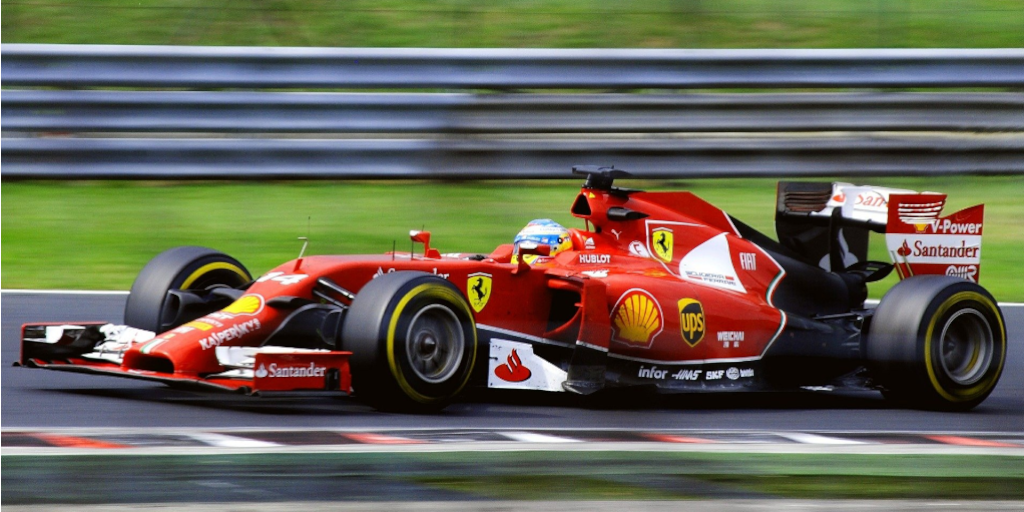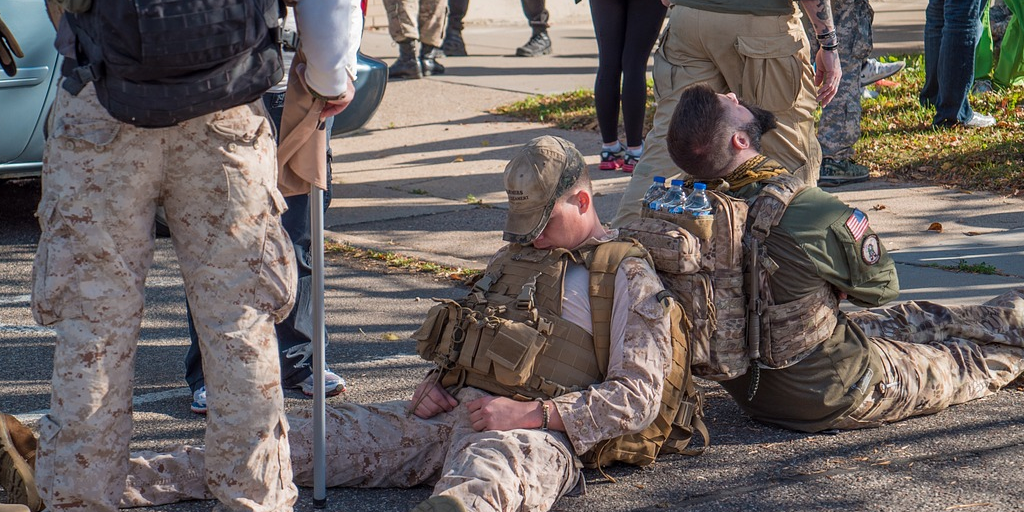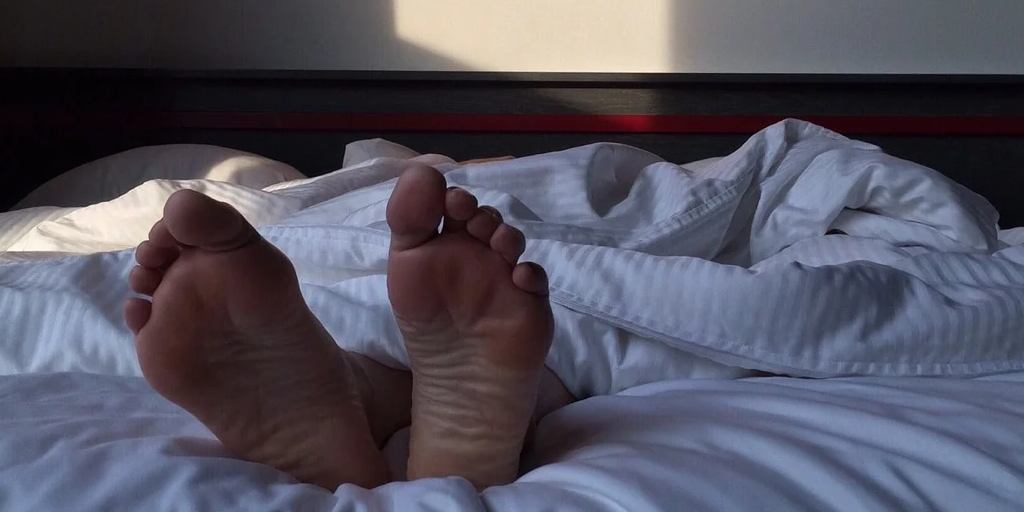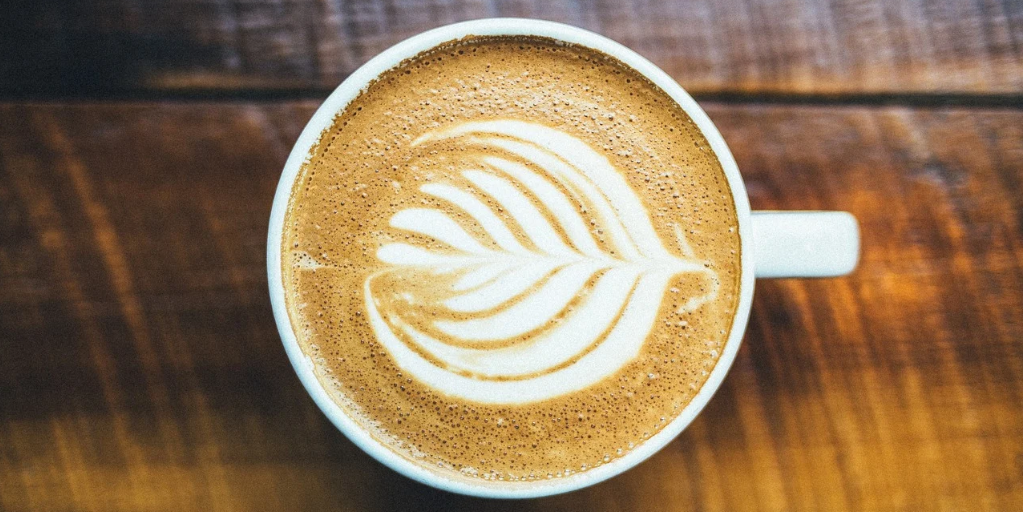How did you sleep last night: Like a baby or like a night owl?
Around one-third of Americans get less than the recommended seven hours of sleep a night.
A lack of sleep, usually caused by anxiety, stress, or over-exposure to digital devices, is making us tired, irritable, and forgetful. And, it’s costing the US economy over $63 billion each year in lost productivity.
What can we do about it?
Drink less coffee? Go to bed earlier? Go to bed later?! Exercise more? Read? Take a hot bath? Meditate?
If you’re anything like me, you’ll have tried all these things and more. To no avail.
But, have you tried strategic sleeping?
Strategic sleeping: What is it & why do we need it?

I have a lot in common with an F1 racing car.
When I’m on top form I can be sharp, quick, responsive, adaptable, and capable of achieving great things.
When I’m tired, rundown, and worn out I lose grip, focus, and speed. This can cause me to spin out of control and crash.
Just like an F1 racing car.
To stay on course and steer clear of the crash barriers, I need at least seven hours of sleep a night. Just like an F1 car needs a pit stop, new tires, and an engine check every seven laps.
But I find sleeping hard. I rarely get more than five hours of good, solid sleep a night.
This used to leave me feeling worn-out, irritable, and unmotivated. My work, my exercise routine, and my poor boyfriend used to suffer terribly.
I’d get angry at the smallest things, I’d cry at the drop of a hat, and I’d also feel oddly disconnected, and a bit ‘blah’ about most things.
Until I discovered there was an alternative to getting a solid seven hours a night.
That alternative was strategic sleeping.
What is strategic sleeping?
There’s no other way to say it.
Strategic sleeping is a well-timed and well-planned nap.
That’s it? A nap? That’s the cure for mild insomnia?!
Yep.
Studies have shown that if you’ve had a bad night’s sleep, taking a snooze as short as 10 minutes can improve mood, memory, productivity, and capability for about 2.5 hours afterward.
Not convinced?
The army incorporates short catnaps into their training regimes because they find it improves performance and enhances decision-making capabilities.

NASA encourages its pilots and astronauts to take a daily ‘NASA nap’ because they find it boosts performance by 34% and alertness by 100%.
The Japanese see having a quick kip in the middle of the day as a sign of an employee’s commitment and devotion to their work because it boosts their productivity!
Even US presidents are partial to a cheeky afternoon nap:
“JFK and LBJ both also had a penchant for “double shift days.” They woke up around 6:30 or 7am and worked for a few hours before taking a midday 30-minute nap”
Boll & Branch
Strategic sleeping is a proven, powerful tool for overcoming sleep loss and boosting mood, motivation, and performance.
But how?
How does strategic sleeping work?

We know that a good night’s sleep provides us with the energy and motivation to handle just about every activity or task: From keeping your customers happy at work, to keeping your partner happy at home.
And we know that when you don’t get enough sleep, you lose patience, focus, and sometimes your mind. I can’t tell you how many times I’ve lost my phone, only to find it’s in my hand.
Napping gives us the same benefits that sleep does, but in shorter bursts.
“Data suggests a 30-minute nap can reverse the hormonal impact of a night of poor sleep”
Science Daily
I won’t get too technical, but do you often get an overwhelming desire to sleep during the afternoon? Usually around 2pm or 3pm? I used to think this afternoon slump was caused by low blood sugar and a lack of chocolate. But it isn’t.
It’s caused by your body’s natural pressure to sleep. Or, in scientific terms, your homeostatic sleep drive.
“Pressure for sleep (homeostatic sleep drive) builds up in our body as our time awake increases… The pressure gets stronger the longer we stay awake and decreases during sleep, reaching a low after a full night of good-quality sleep.”
CDC
Taking a short nap reduces this ‘need’ to fall asleep and, as a consequence, improves concentration, learning ability, and mood.
Taking strategic naps also reduces your fight or flight hormone (norepinephrine), which controls how your body reacts to stress.
When you’re tired your fight or flight hormone rises. This increases your heart rate, blood pressure, and blood sugar levels, causing you to feel strung-out and stressed-out.
If you take a nap, the levels start to fall and you feel calmer and more able to cope with the stress of life.
Psychology Today
“A short dose of sleep during the day can help strengthen the body’s ability to weather stress, especially if you’re short on sleep overall.”
Plus, clinical studies have shown that a lack of sleep impairs cognitive performance, which leads to an inability to make sound judgments.
These studies go as far as saying that people who are sleep deprived go through a similar decision-making process to people who have consumed too much alcohol!
(If your decisions are anything like mine after a glass of wine or three, then this should make you want to take a nap, right now!)
So, strategic napping works. But what happens when you’re at work? You can’t simply close your laptop, bring out your pillow, and set-up camp under your desk, can you?
Well, no.
How to sleep on the job: The 5 secrets to strategic sleeping
These are five practical tips to help you get some shuteye without losing your job.
Tip #1. Don’t nap for longer than 30 minutes
For a strategic nap to be effective, you only need less than 30 minutes of sleep. So, the good news is, anyone can fit a strategic nap in while they’re at work without worrying.
Take your lunch break and book a meeting room, push the seats back in your car, or, if you’re like 43% of the population who work remotely, jump into bed!

If you can grab anything from 20 to 30 minutes of sleep, you’ll wake up before you enter deep sleep territory. This means that instead of feeling groggy, foggy, and sluggish when you awake, you’ll feel bright as a button, and fresh as a daisy.
Tip #2. Don’t worry if you don’t sleep
I used to worry so much about not sleeping that it would prevent me from being able to fall asleep. It was a vicious and frustrating cycle.
Until I discovered that resting with your closed eyes is almost as beneficial to your brain as taking a short nap.
So don’t stress. Relax, quiet your mind and if you don’t naturally drift off – so what! You’ll still benefit from taking 20-30 minutes out.
Tip #3. Stop counting sheep

Bombshell time!
Counting sheep does not help you fall asleep.
“There is very little evidence to suggest that counting sheep actually helps you drift off to sleep.”
Carespot
The act of counting fluffy, white sheep jumping over little wooden fences is so simple that it does nothing to stop your mind from drifting back to the thoughts that were originally stopping you from sleeping.
You need something more robust to think about.
Mentally stepping through repetitive tasks, activities, or processes always works for me.
For example, envisioning my daily running route sends me to the land of nod surprisingly quickly. In my mind, I run every mile. I visualize each road, path, track, hill, and bend and before I’ve even got halfway through my route, I wake up and realize that it worked!
Or, if you’re not a runner, try focusing on the repetitive tasks you complete at work. Like running audits, or following SOPs for example. Things that you can focus on and methodically work your way through, step by step, in your mind.
Leave the sheep to their fences and try this instead.
Tip #4. Drink coffee

I know I’m often sleep-deprived but I haven’t lost my mind with this tip.
Caffeine doesn’t kick into action straight away. It takes between 15 to 20 minutes for it to work its way into your bloodstream.
So, however counterintuitive it might feel, drink a coffee before you take your nap. If you follow tip #1 and limit your nap time to around 20 minutes, you’ll wake up just as the caffeine hits your system and you’ll spring from your slumber feeling energized and alert.
Tip #5. Sleep before 3pm
We can learn a lot from Mediterraneans: Olive oil is good for you, your family is the most important thing in the world, and a daily siesta should be prioritized over everything else.
If you’ve ever visited countries like Spain or Greece, you’ll know that if you’re after a packet of crisps or a bottle of water between the hours of 12pm and 3pm, you can forget it. Shops, cafes, businesses, and restaurants are all shut and there isn’t a soul around during siesta time.

And they know what they’re talking about.
If you take a nap after 3pm you run the risk of running your nighttime sleep.
“The siesta is a long-established cultural pillar in many Mediterranean countries so it would be logical to assume that the sweet spot for power napping is ‘siesta time’.”
Sleep Cycle
So, be more Greek and nap at lunchtime (but don’t go totally Greek… limit it to 30 minutes, not 3 hours!)
There you have it. How to achieve more by lying down.
With more and more people now working from home what better time to bring in a guilt-free afternoon nap.



